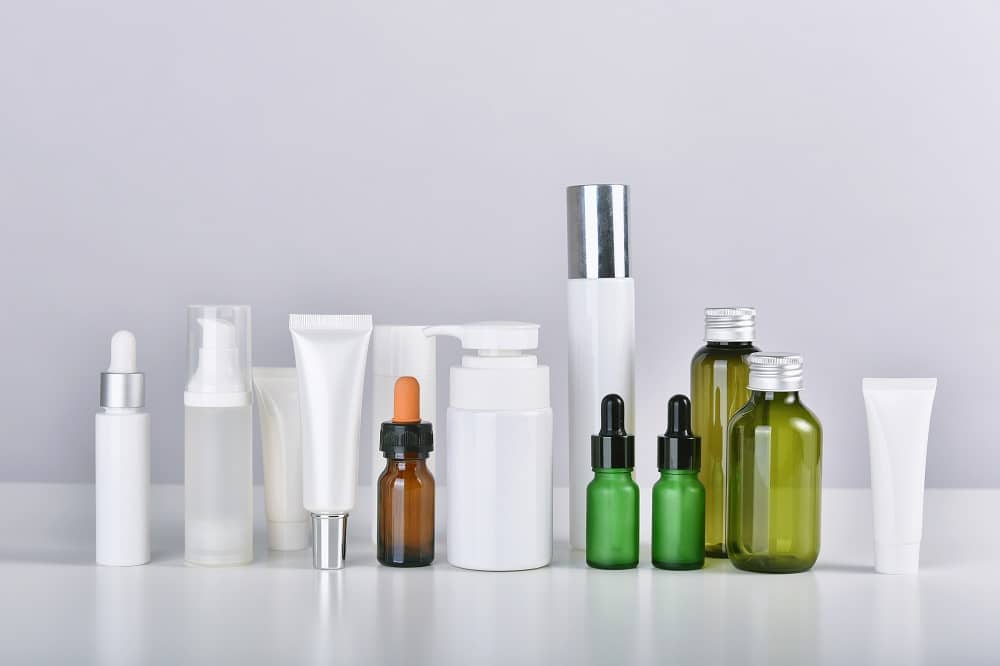
Skincare is no longer just a trend; it’s a ritual, a lifestyle, and an industry that’s rapidly evolving with consumer demand. One of the most significant changes we’ve seen in recent years is the booming popularity of private label organic skincare. With the global wellness movement and increasing demand for clean, ethically produced products, private label skin care brands are stepping into the spotlight.
This article will explore what makes private label organic skincare so appealing, why brands are leaning toward custom skin care formulations, and how investing in private label skin care products can create a successful business.
What Is Private Label Organic Skincare?
Private label organic skincare refers to ready-made skincare formulations that businesses can brand and sell as their own. These formulations are developed by manufacturers specializing in clean, naturally sourced, and organic ingredients that meet the skyrocketing consumer demand for sustainability and safety.
One of the best parts of private label skincare is the simplicity it offers. You do not need to be a chemist or have a fully operational lab to launch your line. The manufacturers handle the research, development, and production of the products, leaving you to focus on branding and building your business.
For entrepreneurs and small businesses, private label organic skincare represents an incredible opportunity to stand out in the beauty industry by offering targeted, high-quality, and eco-conscious products.
Why Consumers Adore Organic Skincare
The rise of organic skincare isn’t just a passing fad. Today’s consumers are informed, discerning, and unwilling to compromise on what they put on their skin. Here are a few reasons organic skincare has taken the beauty industry by storm:
- Safer Ingredients: Organic skincare products are free from harmful chemicals like parabens, phthalates, and synthetic fragrances. This makes them less likely to cause skin irritation or harmful side effects.
- Eco-Friendly Options: Organic ingredients don’t just benefit the skin; they benefit the planet. Ethical sourcing, sustainable farming practices, and recyclable packaging are all positives.
- Transparency and Trust: Consumers are increasingly checking ingredient labels. They want to see materials they can understand and trust.
- Health-First Beauty: People are treating their skincare products as health investments, increasing the appeal of non-toxic and organic options.
By offering private label organic skincare, you meet this growing demand while positioning your brand as both health-conscious and environmentally aware.
The Competitive Advantage of Custom Skin Care Formulations
To stand out in a crowded beauty market, offering something unique is critical. This is where custom skin care formulations play a huge role. While private label products provide pre-formulated options, having the choice to create customized formulations allows your brand to tailor its offerings to specific customer needs. Here’s why many are opting for customization:
1. Personalization is Key
Mass-market skincare products don’t work for everyone. Skin concerns like acne, aging, and sensitivity often require specialized formulations. Custom skin care formulations allow you to craft products targeting your audience’s specific issues, building loyalty and trust among customers.
2. Flexible Branding
When you control the product formulation, you can align it with your brand ethos. Whether it’s “vegan and cruelty-free skincare” or packaging designed to appeal to eco-conscious Gen Z buyers, custom formulations give you full creative control.
3. Premium Positioning
Custom formulations elevate your brand into a premium tier. While private label skin care products are excellent for launching a business quickly, custom options allow you to push innovation and offer cutting-edge formulations that give you a competitive advantage.
4. Control Over Ingredients
Custom skin care products mean you can influence the quality, sourcing, and balance of the ingredients. This is particularly important when crafting formulations that are genuinely organic and meet regulatory approvals.
Types of Private Label Skin Care Products You Can Offer
If you’re considering entering the world of private label organic skincare, it’s helpful to know the range of products you can provide. Popular private label products include:
- Moisturizers and Creams: Hydration is key, and products like day creams, night creams, and anti-aging serums are perennial favorites.
- Cleansers: From gentle foaming cleansers to creamy formulations for dry skin, cleansers are skincare essentials.
- Exfoliators and Masks: Natural exfoliators featuring activated charcoal or clay-based masks are highly sought after.
- Toners and Mists: Organic toners and hydrating mists help maintain skin balance and offer a touch of luxury.
- SPF Products: With growing awareness of sun damage, organic sunscreens are gaining traction.
- Body Care: Organic lotions, body scrubs, and oils can extend your skincare range.
By offering a variety of products, private label brands can cater to different skincare routines and carve out their niche.
How to Launch Your Private Label Organic Skincare Line
Entering the organic skincare market may sound challenging, but with the right approach, it can be a rewarding venture. Here are the key steps to get started:
1. Identify Your Niche
Who are you catering to? Millennials looking for clean beauty? Individuals with sensitive skin? Define your target audience, align with their preferences, and create skincare solutions tailor-made for them.
2. Partner with a Reliable Manufacturer
One of the most important decisions you’ll make is choosing the right manufacturer. Look for companies offering both pre-formulated private label skin care products and custom skin care formulation options. Verify their certifications to ensure their products meet organic, vegan, or cruelty-free standards.
3. Develop Your Brand Identity
Branding matters as much as the product itself. From your logo to the packaging design, ensure it reflects the organic, natural essence of your skincare line.
4. Refine Formulations
If you’re leaning towards custom formulations, work closely with manufacturers to craft unique products that complement your vision while addressing customer needs.
5. Create a Marketing Strategy
Content is king in the digital era. Use social media platforms, influencer collaborations, and SEO-driven blogs to amplify your reach and educate audiences about your brand. Highlight benefits like “custom skin care formulations” and “organic skincare.” Reinforce why you’re their go-to option.
6. Prioritize Transparency
Today’s consumers want clarity. Clearly communicate the list of ingredients, sourcing practices, and the sustainability initiatives your brand supports.
Growing Your Brand with Private Label Organic Skincare
Starting with private label skin care products doesn’t mean you’re limited to pre-made options forever. Many startups begin by offering private label organic skincare to enter the market quickly and establish a customer base. Gradually, they transition to custom skin care formulations, paving the way for innovation while scaling their brands.
Building brand loyalty, catering to modern skincare demands, and securing profitability within this niche is entirely achievable—especially when you prioritize authenticity and quality.
Get Started Today
Entering the beauty industry has never been easier or more promising. With private label organic skincare and custom skin care formulations, you have the tools to create products your customers will love. Start small, think big, and make a difference in the world of skincare.
What are you waiting for? Start crafting your organic skincare brand and wow your customers with products that speak to their needs and values. Explore reliable private label manufacturers today and bring your vision to life!





